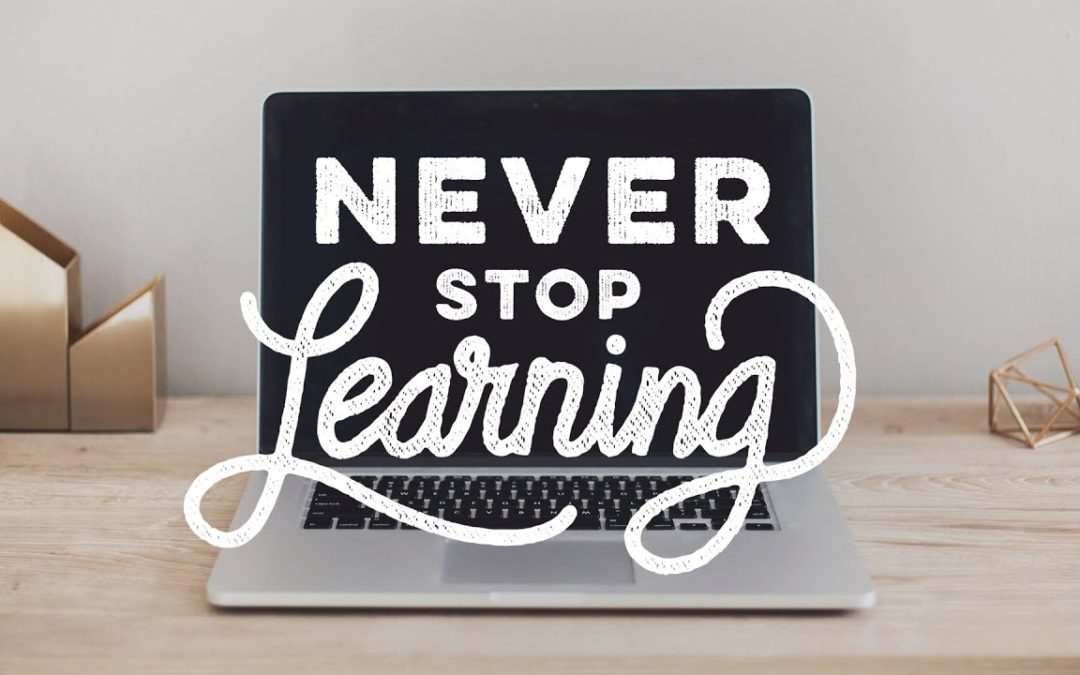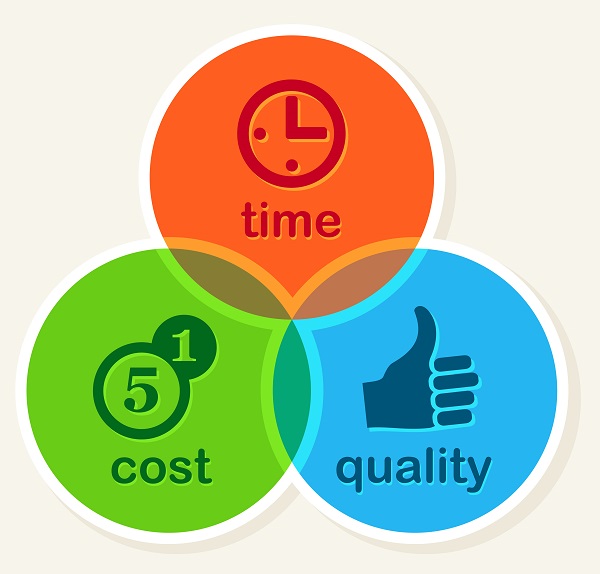
So when did you stop learning?
Have our busy lives stopped us from pursuing the need to learn, study, question and query?
Seriously, think about it. When last did you really learn something new or acquired a new skill?. It seems in today’s world, information is so readily available that we tend to ignore or neglect it.
When did you stop learning?
Growing up, w
e are surrounded with learning environments. Some environments we like, some we don’t. Some are required for us to survive, like learning to crawl, walk and talk. Most of us go through the social experience of schooling. Even if you liked school, friends or homework, you were placed in an environment of permanent learning. You might have even fought against some of it. But when most people leave school, they also leave their entire controlled learning environment.
If you are one of the lucky ones, your support system such as parents might place you in another environment such as college, but inevitably you will finish that too.
So how do you retain your thirst for knowledge?
Should you learn because you build your career?
I have a theory about this. The answer is No. Your career comes second. Employers may want to see qualifications. After all, a qualification, at least, shows that you had some commitment at some time to further your skills. Studying only for a career will soon stop, especially if in your mind you have reached your goal of getting a job. Then getting your dream job is even worse.
Studying, edu
cation or learning?
Here my theory is simpler.
Try and figure out how the world works. If you think about it, most of the reasons for studying or learning is answered by the need to understand it.
We already have a fundamental need to understand even the basics in life based on ‘why?’ Why do I need to crawl, walk and run?
My theory is that our ultimate aim is to continually figure out how everything around us works. Things that we ourselves, other people or even nature created. We watch media on how things work. If we want skills and don’t have them, we ask someone that does, get them to advice or consult. Tell me how this works please? Can you fix this for me, I don’t know how? I’m not taking about mechanical things, I’m talking about everything.
How does your wife, your car, the internet, a ball, wood work, gravity, anything and everything work?
My view is not scientific, religious or theoretical. Perhaps more a basic requirement, we call ambition. You are truly blessed if something or someone instilled in you the need to figure out how everything in the world works. And you never stop. Never stop asking. Never stop querying.
If you figure something out, put it in your toolkit and move on. Remember how maths at school became more and more difficult? Learning one thing leads to another. If the next thing seems like the end of that topic or interest, there is a new topic around the corner. People have mostly lost the ability to problem solve and are now the slaves to the information around them. How many people post original information on social media in relation to how many simply repost someone else’s content they themselves found interesting?
I will leave you with this final thought. I think the biggest mistake adults make is thinking they must learn or study for career reasons. This I think is why we as adults run out of ‘learning steam’. Studying for a career, job or similar skill and knowledge will get you that job, position, title or money. But, then what? Then you open your eyes, middle aged, surrounded hopefully by what your reasons were before, but the world still doesn’t make sense and you have no real survival skills. Without having retained the ability to learn, figure things out or problem solve, you are left to your own limited devices and dependent on others
I think you need to learn constantly to figure out how everything works. This will make you a student of life. It will paint your existence with colour, happiness, peace and hopefully contentment. You will see the negative for what it is. You will recognise the bad and place it next to it’s positive.
It will balance your life and by understanding more and more about how everything works, you will be able to place yourself amongst those other complex working mechanisms in our world and start understanding the beauty of where you fit in.


